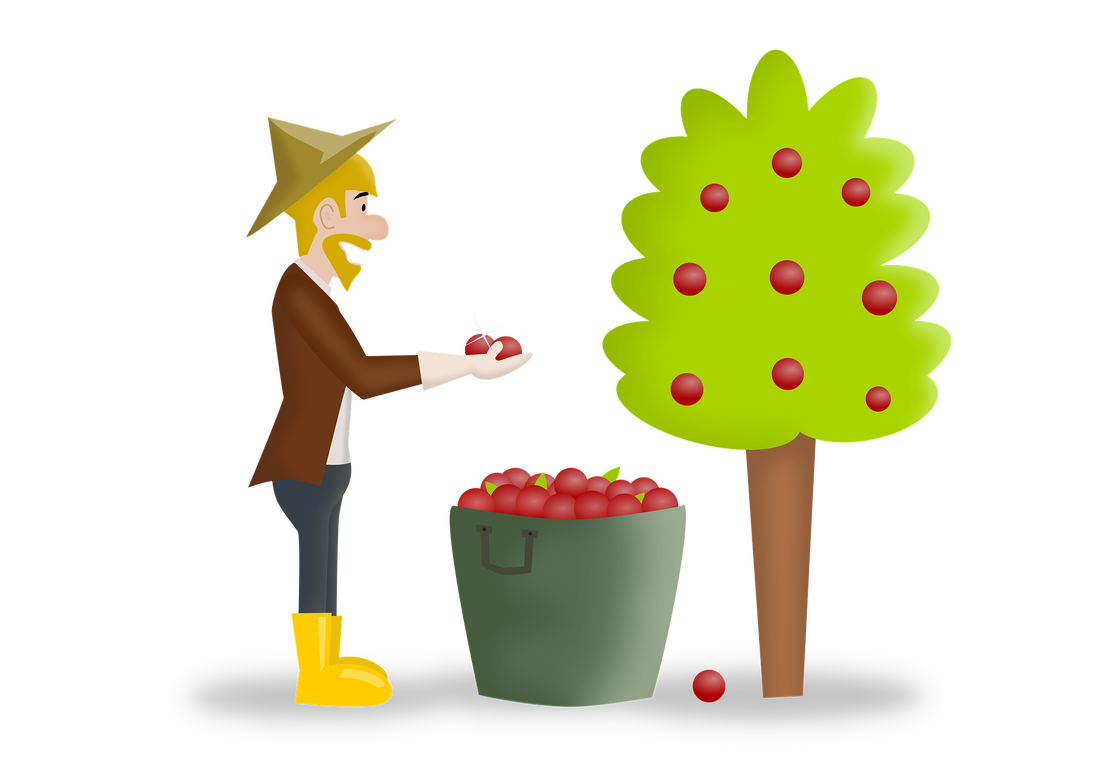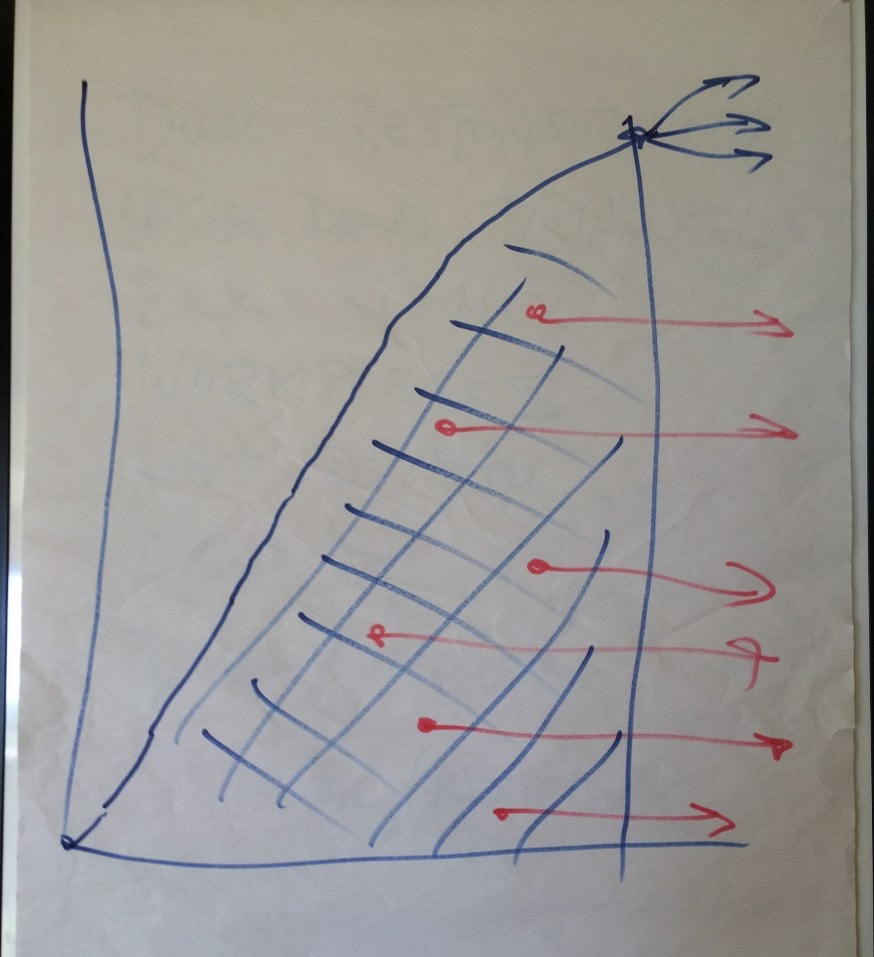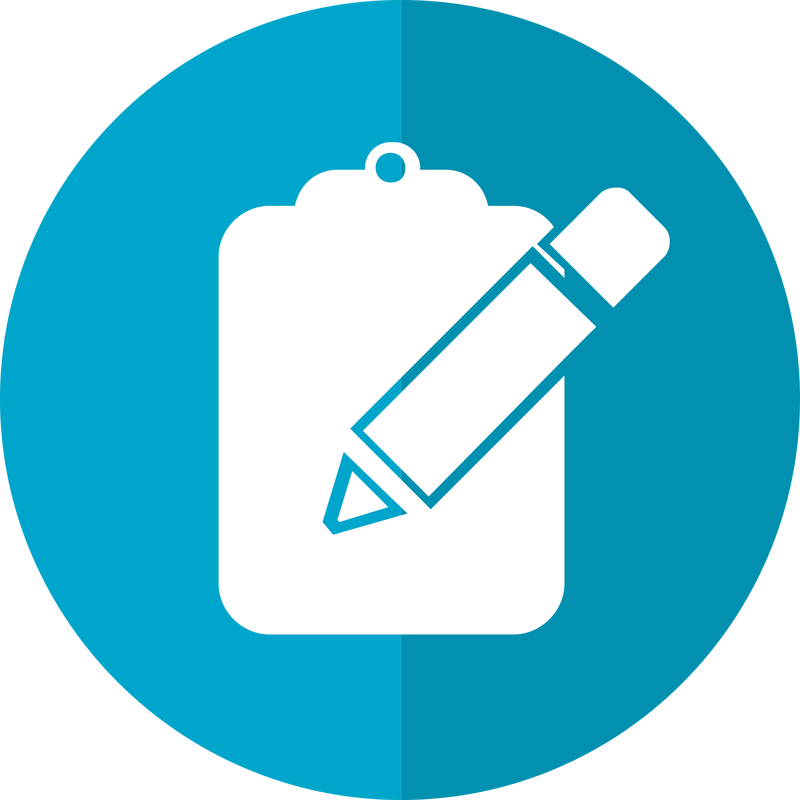LESSON 10
LESSON 10
Harvesting
The concept of harvesting
You have spent all of your life building your knowledge, skills, contacts, experience and expertise. This is your personal ‘Pick n Mix’ – like a bag of sweets. All the different sweets are your knowledge, skills, contacts, experience and expertise.
We’ve learnt amazing things. We’ve met wonderful people. We’ve survived life. Now is the time to use all of this experience!
Over many years you have created initiatives, undertaken jobs, learned new skills, worked on projects, looked after children, cared for people when they were ill, been to different places, etc.
You have this ‘bag of goodies’ ready to use at any time! We can harvest in so many areas of our lives - our work, relationships, projects, successes or where we overcame difficulties, made things happen, etc. There are many more options available to us.
Harvesting allows us the time to revisit, repackage, rediscover, re-organise, re-present everything that you learnt – to gather up all the gems, insights and opportunities that are available for us. Harvesting allows us to sort out the good stuff and reflect on our past in a totally positive and productive way.
Four Ways of harvesting
1. Ask yourself Questions
One way that we ‘harvest’ ideas from our ‘Pick n Mix’ is to ask ourselves lots of
QUESTIONS.
· What jobs have I had in the past? Are any of these relevant now?
· What documents are on my computer? Could I use this information in a new way to help others?
· What do I know a lot about?
· What work have I really enjoyed?
· What was I doing 2, 5, 7 or 15 years ago?
· What am I really interested in developing?
· How could I help others?
· How does all of this help me to do what I really want to do?
2. Interview
Sit down with a colleague and ask them to ask you questions about your key areas of experience. They should ask a lot of open questions beginning with how, when, what, where, why, et cetera. Capture all of the answers for effectively this interview is the core material for your book or product or course.
Interviews are a natural way for us to harvest our experience. Your answers to your interview should be full of personal anecdotes and memories - capturing your emotions.
An interview can be more of a personal account for some people whereas when you’re writing on paper this can be impersonal and detached.
3. Mind mapping - draw out your expertise.
It’s a great exercise to allow your brain to explore your area of expertise more fully. Get a large piece of paper and draw a circle in the centre. Inside that circle write the overall subject that you know would like to explore or are interested in. Then from the circle draw out a number of lines and create further circles each one related to your area of interest.
This is called a mind map. It helps you to physically see the connections that already exist within your brain. From each circle ad more links and link these to further circles as the map grows.
Let’s take the example of customer care. From this in our centre circle we can have four points covering dealing with customers, handling complaints, making a good impression, following up sales. From each of these categories then we can draw further lines so for example in terms of handling complaints we may have recognising the persons concern, clarifying the key issue, suggesting ways to address this problem and following up to make sure the problem has been dealt with.
This is also a good structure to use when creating an e-book because each of the lines can become chapters headings – with their own series of connected lines (topics/headings).
Use mind maps to scope out your areas of expertise, experience and knowledge. They are a brilliant way for you to harvest what you know and what you’re good at. They also apply to areas that you’re interested in developing so not only are you harvesting what you already know but you are starting to actively seek out new areas to explore and learn about.
4. Diary / notebook
Harvesting must become a habit! One of the best ways for this to happen is to make a point of harvesting every single day. A popular method is to have a diary (physical or on your phone) and to complete your diary each day with key points on what you are interested in, conversations you’ve had, lessons you’ve learned, ideas you want to develop et cetera.
Do your harvesting every single day and you will see your expertise and experience grow and become real – to be used for products, training, information,
Harvesting is a daily activity
We often think of the word 'harvest' as linking to a particular season of the year when the farmers gather in the crops that have being growing and prepare for winter.
But we live all seasons every day in our lives. We plant our ideas. We nurture our projects and look after our loved ones. We prepare for the future. Our harvesting process is about capturing the value in what we do and experience each day.
Questions can help us to pull out this information. For example –
We can often be too busy doing more things rather than cherishing and bringing to fruition the value of what we have already been given – and are constantly being given every single day.
As it happens
So try and recognise valuable moments as they happen and pause briefly to capture these – on your phone, in your notebook or on you laptop. You can always write up the idea more fully later – but don’t lose the significance or impact of that learning or experience. Use these moments always to be grateful for what you have been given. It is this growing sense of appreciation and thankfulness that in turn builds our awareness of the potential of what can be harvested and leveraged.
Out and about
Capture ideas on your phone when you are out and about. Use the ‘microphone button’ to record notes wherever you are and then email them to yourself. Organise files on your computer with all of your Workpiece projects
We often think of the word 'harvest' as linking to a particular season of the year when the farmers gather in the crops that have being growing and prepare for winter.
But we live all seasons every day in our lives. We plant our ideas. We nurture our projects and look after our loved ones. We prepare for the future. Our harvesting process is about capturing the value in what we do and experience each day.
Questions can help us to pull out this information. For example –
- Who have we helped?
- What have we learnt?
- What could we have done better?
- Where was the big surprise today?
- Who did we meet?
- What was that really interesting conversation?
- Was a crazy idea did I have?
We can often be too busy doing more things rather than cherishing and bringing to fruition the value of what we have already been given – and are constantly being given every single day.
As it happens
So try and recognise valuable moments as they happen and pause briefly to capture these – on your phone, in your notebook or on you laptop. You can always write up the idea more fully later – but don’t lose the significance or impact of that learning or experience. Use these moments always to be grateful for what you have been given. It is this growing sense of appreciation and thankfulness that in turn builds our awareness of the potential of what can be harvested and leveraged.
Out and about
Capture ideas on your phone when you are out and about. Use the ‘microphone button’ to record notes wherever you are and then email them to yourself. Organise files on your computer with all of your Workpiece projects






